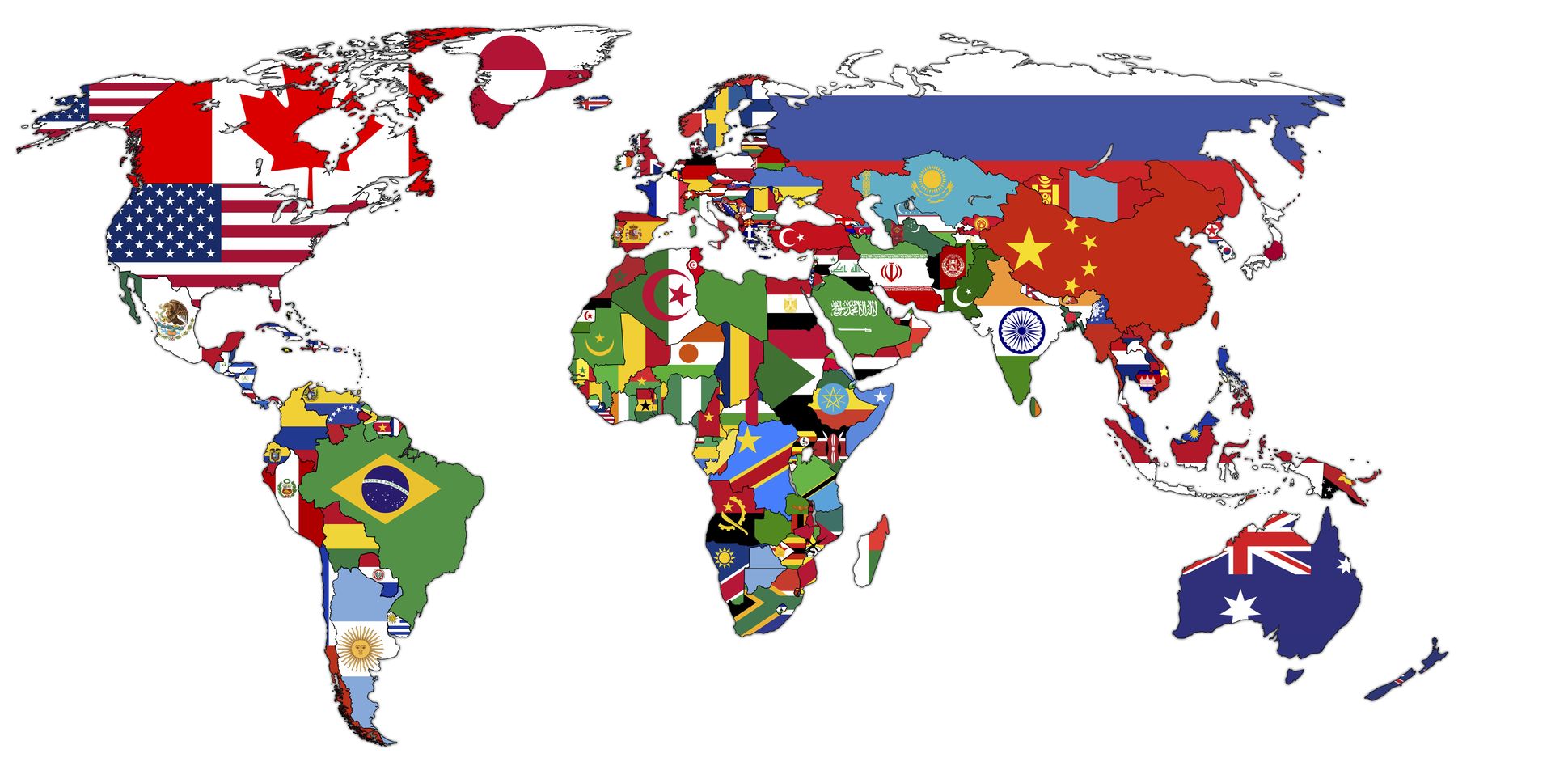English Hebrew translations

We are experts in English - Hebrew translation
During our professional career we have translated video games, websties, economic and medical reports, administrative documents, patents, contracts, birth certificates, etc, from English - Hebrew.
We only work with native translators who have a perfect command of both the source and target language and demonstrate over five years’ experience in different fields of expertise, so we can guarantee a coherent and high quality job. We translate from English - Hebrew.
To suit clients, we create glossaries for different fields and with varying degrees of complexity. Technical translatiosn are part of our daily routine.
Let us help you expand your business abroad. Our language services are unbeatable.
Cosmolingo: we translate your documents from English - Hebrew.
Instant quote through our online tool or in less than 2 hours if you send us an email.
The Hebrew language
Hebrew is a Semitic language of the Afro-Asiatic family and shares affiliation with other languages such as Phoenician and Aramaic, with which it was probably once mutually intelligible. Furthermore, the classical Hebrew alphabet derived from the Phoenician.
It is also a macro-language, meaning it covers various dialectal forms; in fact, if we go back to the Bible, we find reference to the dialects of the different Israelite tribes and we can appreciate various stages of linguistic evolution.
The Bible, indeed, is the most prominent reference of classical Hebrew. Although for hundreds of years it had been used in the academic and liturgical field, the spoken form we know today is the result of the labours of the Zionist movement, which, together with European nationalist movements, promoted the creation of the State of Israel, insisting on the concept of Nation-State. However, if we compare the two forms they seem to be different languages. This feature is partly due to the ascendancy of the Zionist leadership, which shows itself in a palpable influence of European languages, both in the loanwords and in the syntax. Like many of these, including our own, it is considered a synthetic language, meaning that words are formed by several morphemes. In fact, Modern Hebrew and Spanish are similar in some aspects, such as grammatical gender, morphology and syntax. This is due to the influence of Latin and Greek, as well as the adoption of the rules of pronunciation of the Sephardic Jews, the same that were once expelled from Spain.
The dispersion of the Jews throughout the world has led to the assimilation of certain characteristics of local languages, promoting the development of such important dialects as Central European Yiddish, which has a clear influence of Hebrew and Slavic languages other than Hebrew and Aramaic.
Currently, about 8 million people speak Hebrew worldwide, above all in Israel.

